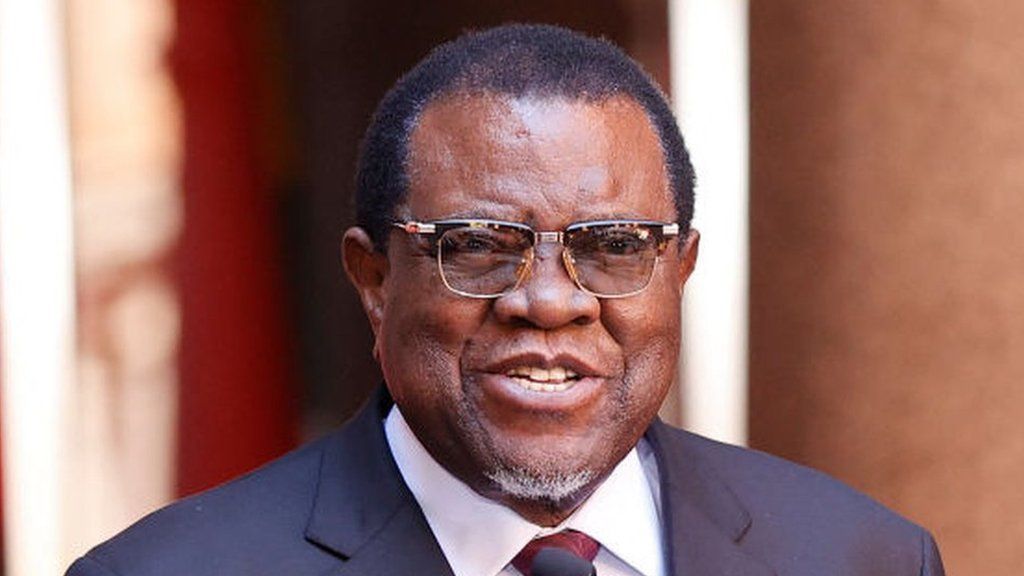SINGAPORE – Oil prices dipped on Tuesday due to various factors including rising supply from Russia, slower downstream demand in sectors like jet fuel, and cautious trading ahead of the Fed’s decision on US interest rates, as reported by Reuters.
The Brent crude oil futures contract for May delivery slipped 15 cents to $86.74 a barrel as at 7:33 a.m. Saudi time, while US West Texas Intermediate prices fell 14 cents to $82.02. The WTI April contract, which expires tomorrow, fell 15 cents to $82.57.
Both benchmarks reached four-month highs in the previous session, buoyed by lower crude exports from Saudi Arabia and Iraq, and signs of stronger demand and economic growth in China and the US.
However, concerns over Russian supply persisted due to increased exports following Ukrainian attacks on the country’s oil infrastructure, continuing to pressure prices downward.
According to analysts at JP Morgan, the attacks are expected to reduce Russian crude runs by up to 300 kbd (thousand barrels per day), in addition to scheduled maintenance closures. Lower primary runs could lead to higher crude oil exports, aiding Russia in achieving output cuts while maintaining flat exports.
In March, Russia plans to increase oil exports through its western ports by almost 200,000 barrels per day against a monthly plan for 2.15 million bpd. On a daily basis, shipments will increase by 10 percent compared to its initial plan for March, according to Reuters calculations.
Uncertainty loomed over US interest rates ahead of the Federal Reserve meeting on March 20 at 9:00 p.m. Saudi time. Suvro Sarkar, lead of DBS Bank’s energy sector team, noted that the market may be in consolidation mode awaiting signals on rate cuts from this week’s FOMC meeting. He added that while oil prices have risen significantly over the past two weeks, reaching above $85/bbl might not be sustainable in the near term for Brent.
On the demand side, analysts expressed caution regarding demand growth from the jet fuel sector ahead of the summer traveling season in the third quarter of the year.
BMI analysts anticipate global jet fuel prices to be higher by 5.4 percent compared to previous forecasts, reaching $111/bbl, as soft demand gives way to peak summer travel and stronger prices. However, they cautioned that a global economic slowdown could temper air travel consumption, limiting the upside in jet fuel prices.




















